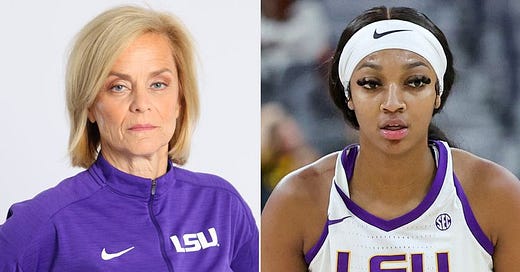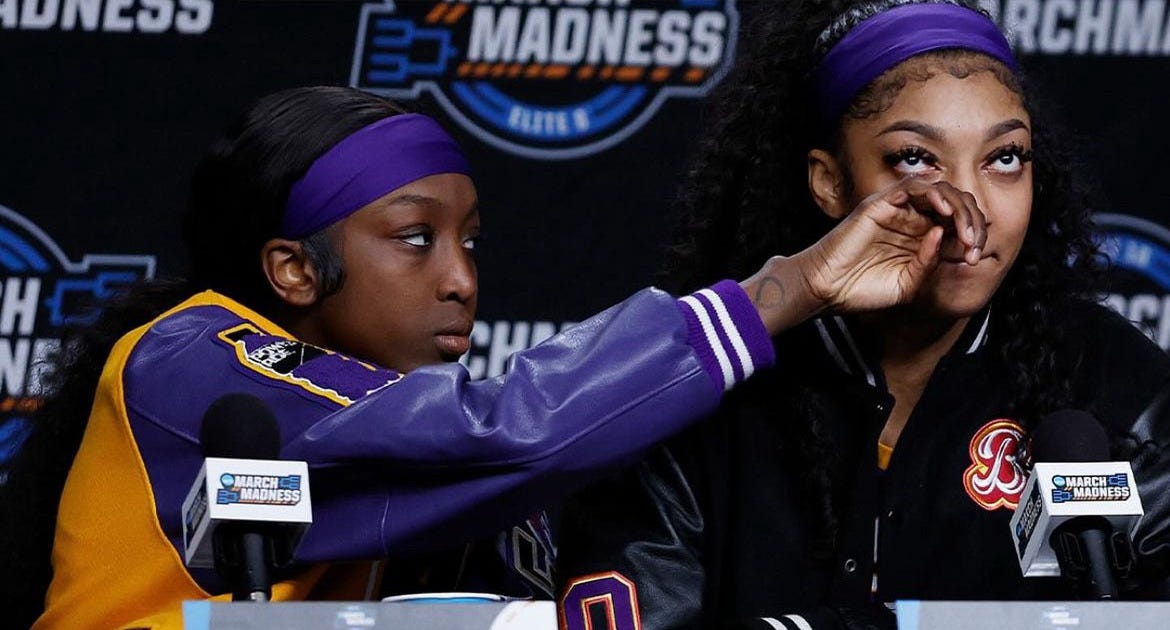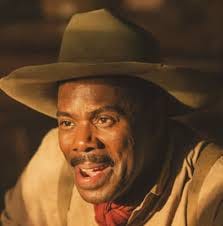Are Attempts to "Humanize" Futile and Out of Balance?
The Washington Post published an article profiling LSU Women’s Basketball Head Coach, Kim Mulkey. She wasn’t too pleased about the article. Before it was even published she threatened legal action during a press conference. Which led many to believe that the article would be damning to her and all a buzz at the wrong time as LSU was still a contender in the NCAA tournament. Days later when the article was published, the hosts of the Brother from Another sports show felt as if Mulkey owed the journalist an apology because the article was not a hit job. Rather it is was humanizing.
Though I can’t say that I was all that interested to learn more about Kim Mulkey, all the coverage of the Washington Post article piqued my curiosity so I read it. I agree that the piece was not a hit job. Does it paint Mulkey in the most flattering light? Not really. Does it provide insight into her steeliness? Sure. Does it humanize her? Maybe. Maybe not.
Mulkey’s star player, Angel Reese, has also been the subject of much scrutiny especially over the last year. There has been plenty of commentary about how she has been cast as a villain compared to her rival Caitlyn Clark, who seemed to be dubbed as America’s basketball sweetheart. Imagine a female version of the Magic-Bird college rivalry with all the racial and sexist trimmings. After LSU was eliminated from the tournament in their highly anticipated rematch with Iowa, Angel Reese, cried during the post-game press conference speaking of how she has been attacked as the villain. Per usual, commentary ensued and several sports broadcasters talked about how humanizing the moment was for Angel Reese.
During the 2014 promotion of Selma, film director, Ava DuVernay, said that one of her intentions with the film was to humanize Reverend Dr. Martin Luther King Jr. We often hear the need to humanize celebrities, public officials, and whomever else is somehow not seen as human such as patients of color, victims of color, the people of Gaza, etc.
While I understand the need and the intent, there is something off-putting to me about these attempts to humanize.
In my view the intent is to invoke empathy. Which means there are certain individuals or certain scenarios where the default notion is this person is not deserving of empathy. And if the person is unworthy of empathy, then they are deserving of harsh treatment. If not harsh treatment, then they are not deserving of support as we see with individuals placed on a pedestal as strong, self-sufficient and/or financially well-off.
What’s even more perplexing to me is how we tend to associate our humanity with vulnerability, flaws, weaknesses, and even bad behavior like it is humanly impossible to be too good, too kind, too considerate, too right…perhaps this comes from the notion of to err is human. The reverse is also true in that we try to humanize “villains.” I’m noticing this trend in movies. For example, one of the key differences in the 2023 remake of The Color Purple was their attempt to humanize the brutal character of Mister.
So if I understand the need and the intent behind these humanizing attempts, then why I am asking if these attempts are futile? I can’t completely dismiss these attempts as futile but I do question their effectiveness. In my opinion, these attempts are misplaced and out of order. These attempts often fail because they come after the die has already been cast; these attempts come after narratives have been strategically developed; these attempts come after these narratives have already been proliferated. Opinions have already been formed. Decisions have already been made. Trust/distrust has already been established. Likeability has already been determined.
We, humans, are not the best at changing our minds. We often are not open to reconsidering our positions. That’s why it’s important to start off on the right foot. We are all due a measure of respect and consideration. For the rest of my days, I will push back against the widely embraced idea that respect is earned and that the level of our humanity is subject to the biases of others. I refuse to accept this practice as just the way it is. As Dr. King so aptly states,
“I refuse to accept the idea that the ‘isness’ of man’s present nature makes him morally incapable of reaching up for the eternal ‘oughtness’ that forever confronts him.”
At this point you’re probably wondering if I am suggesting we should stop these attempts because I view them as ineffective? Not necessarily. If nothing else the historical record needs to be reflected accurately even if the vast majority of people remain none the wiser. What I am suggesting is if we want less interpersonal discord and friction, the baseline of any narrative should start with our humanity as a given and then developed from there, instead of the trite corrective measure we have become accustomed to.
Onward to Harmonious Balance my friends,
Johanna
**For customized content requests,1:1 coaching and speaking inquiries, feel free to contact me.**








